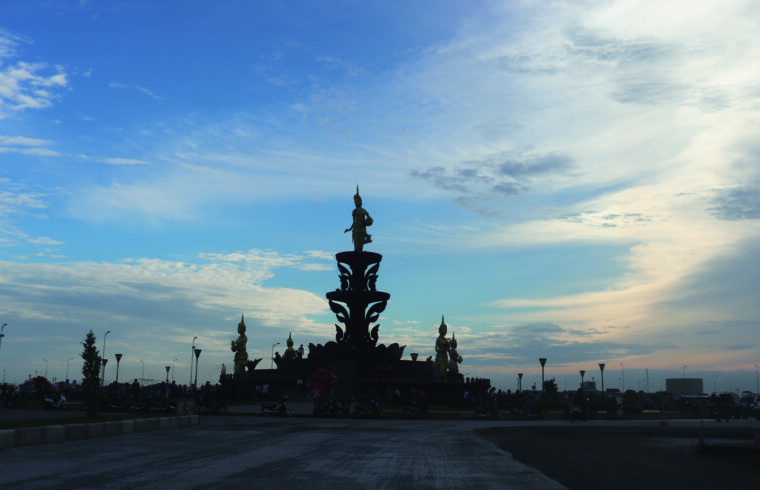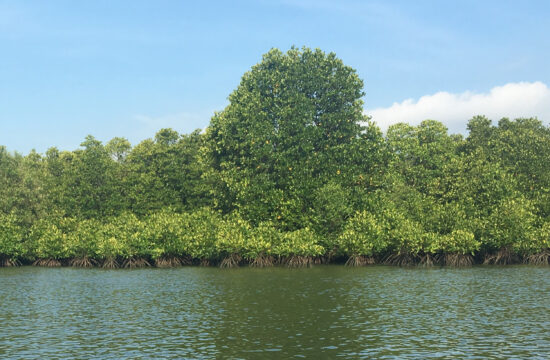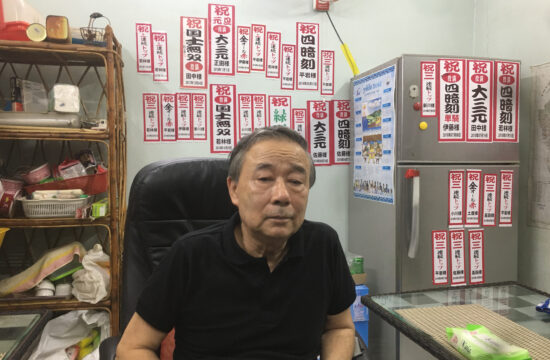I often heard people saying “In Europe” or “In America” when I lived in Japan. People use these phrases mean to say that things could get better if they become similar to what they are like in Europe or America. Whenever I hear it I can’t help doubting if it is really true. Even when our ways are wrong, I feel like we just have to adjust them more suitable for Japan and should not simply copy the western way.
Japan’s Galapagos syndrome is often pointed out when we talk about cellphones before smartphones become common. It is also a common topic for discussion why there are no Japanese companies like Apple or Google. I guess it simply questions creativity in Japan and hints that Japan should follow international standards to survive in the international community.
This could be just my opinion but I don’t think western people say “in this and that country”. It is entirely based on my impressions but I guess they would learn from others but wouldn’t copy. Because of this idea, people often say “in the West” seems to me non-western and therefore a little bit silly.
I heard Japanese companies have the most longevity in the world. Even though a company has the biggest sales in the world, it is pointless if the business doesn’t last long. “Persistence makes perfect” is the perfect proverb for this topic. Japanese think that no matter how bright a thing is, it means nothing if it’s not steady. Therefore steadiness is preferred to momentary brightness. But nowadays, loud and showy companies with western thinking are lionized by the society.
I heard it said that about 90% of Japanese companies in Cambodia are in the red. It might not be based on official data so 90% should not be the exact number but if there is no one struggling, I wouldn’t have heard this number in the first place. So I guess it is true to some extent. It is true that there are companies withdrawing from Cambodia but I don’t feel there are such cases.
But why is that so? I assume the reason is that many of them consider now a good time to invest and expect that their business will be profitable if they keep operating a business in Cambodia, which has been showing remarkable economic growth. Let’s take Amazon as an example. Amazon operated at a loss for 7 years in the past but now it ranks with Google or Apple.
It is the perfect example of “Persistence makes perfect”. But of course, I’m not saying it is no problem to operate a business in the red. Being profitable is better no doubt. What I think is important is that we set aside power for when it’s needed.
I’ve repeatedly said this here but I want to contribute to boosting Japan’s presence in Cambodia. So I’d love to give a hand to those who with the same ambition and I want to talk it over with you.











